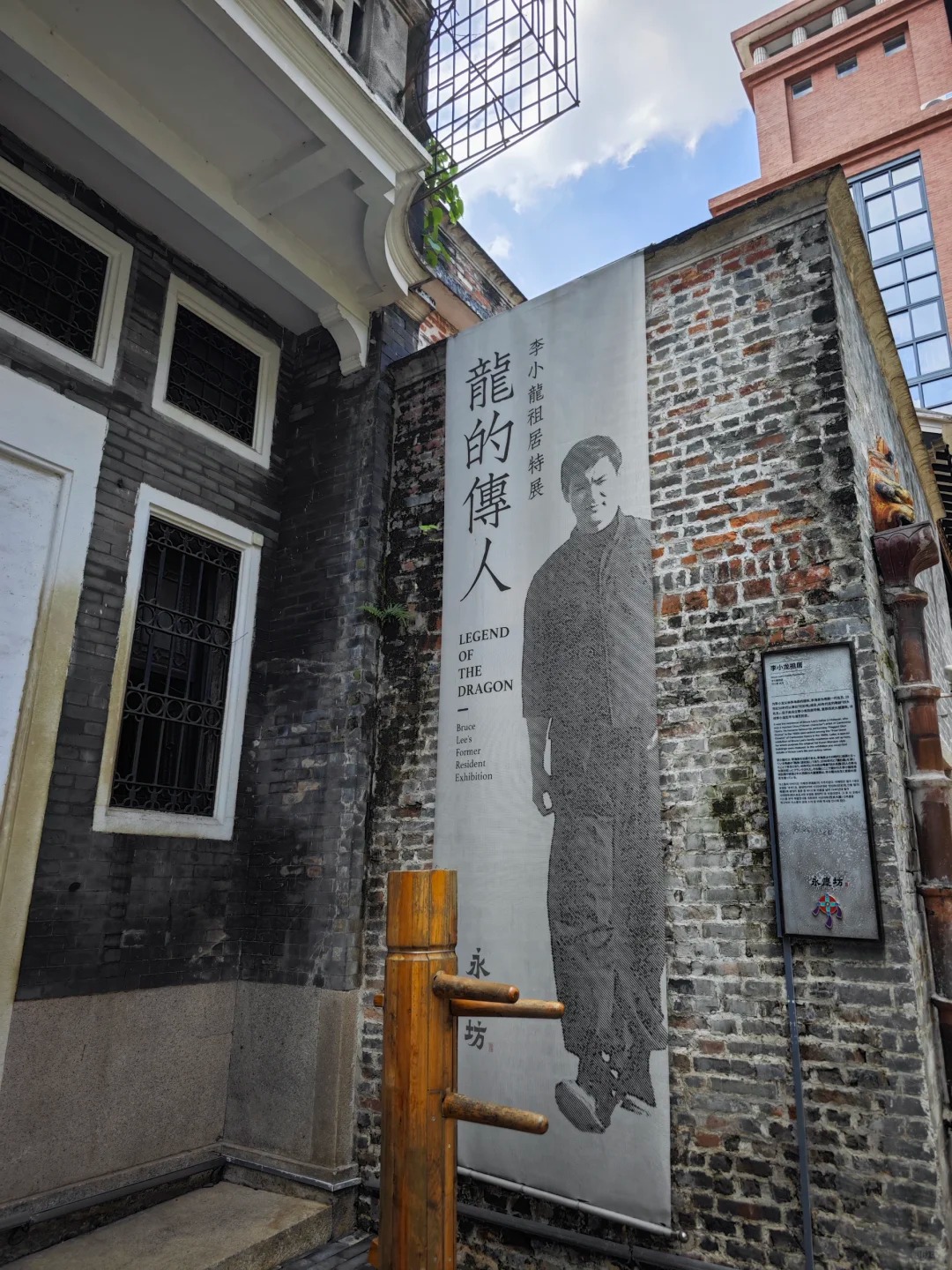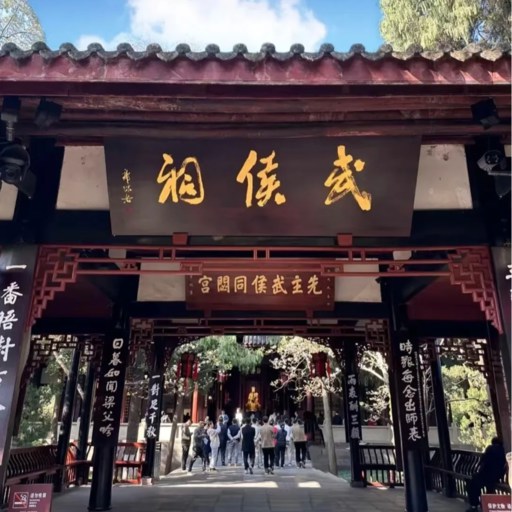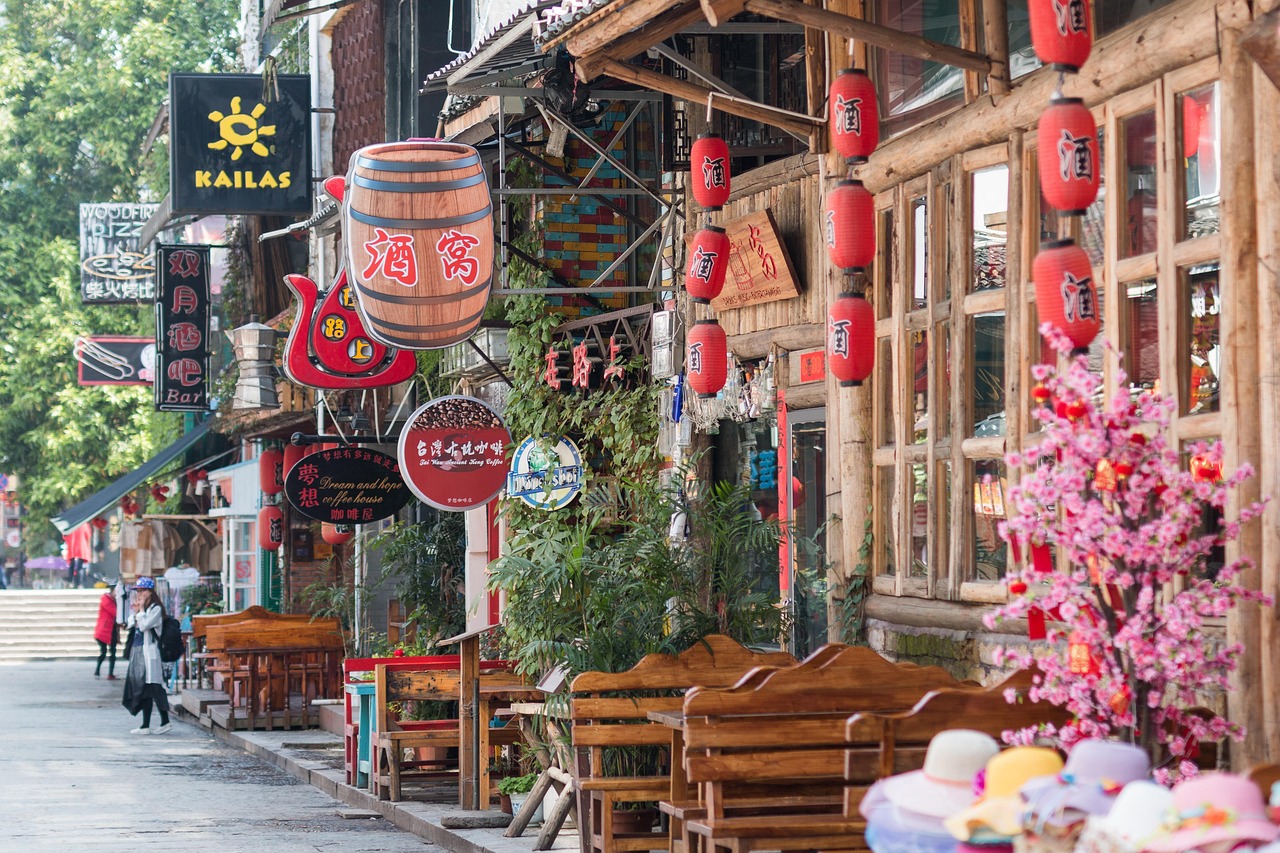
China Travel City Street
Before the first visit to Beijing, I did not give much thought on etiquette. I was also centered on hotpot, the great wall, and cheap train ride. then one day in a noodle place I slurped. Back home, no one cares. There two of the natives turned their heads,--one half in amusement, half irritation. It was not violent, it was some kind of a silent warning: I had overlooked a cultural note. It is at this point that Chinese etiquette ceased being an abstract concept.
Touring in China is not about crossing places. It is about reading between the lines: a welcome, that comes out as Have you eaten, a business card that is held with both hands, a gift that has an implicit meaning. It is not necessary to know every particular detail, yet the basic knowledge helps to avoid the awkward moments and makes the traveling more significant. This guide will include, greetings, eating, presents, and business culture, things that will make a trip more than sightseeing.
Why Learning Chinese Etiquette Matters Before Your Trip

People Greeting
When someone speaks of the Travels in China, he or she may speak of high-speed trains, spicy street food or skylines of neon. However, the little cultural codes, the manner in which you greet, the way you sit at a table, even the way you hand over money, influence the entire experience as much as some may anticipate. And it is not about the memorization of the rules of Chinese etiquette but it is about the fact that one reads the social rhythm the locals live by in their everyday life.
Conversations will be easier with a bit of preparation and there is no need to have clumsy moments. It also develops unanticipated trust. Taxi drivers can talk more when you say a polite phrase; hosts can provide greater hospitality services when you demonstrate the familiarity with gift-giving customs. Such instances are not accidental but occur when tourists treat their hosts with respect in a manner that they notice at once.
We will go through seven golden rules in the next part that will bring out what is absolutely necessary in terms of greetings to eating behaviors. Consider them more as a dos and dons, and rather as keys to the richer encounters of cultures.
6 Golden Rules of Chinese Etiquette Every Visitor Should Know
Greetings and introductions
The initial impression is important. The introductions in China are normally in family name first, so to shake hands with Li Wei is not Mr. Wei, it is Mr. Li, and the shaking is not so strong as in the west, one may nod or smile slightly instead of bowing. I have once only greeted a shop owner in Xi’an with Nihuao and his smile got the entire discussion started. With the knowledge of this aspect of Chinese etiquette, strangers are a bit closer, and mini-encounters are far friendlier.
Respecting elders and hierarchy
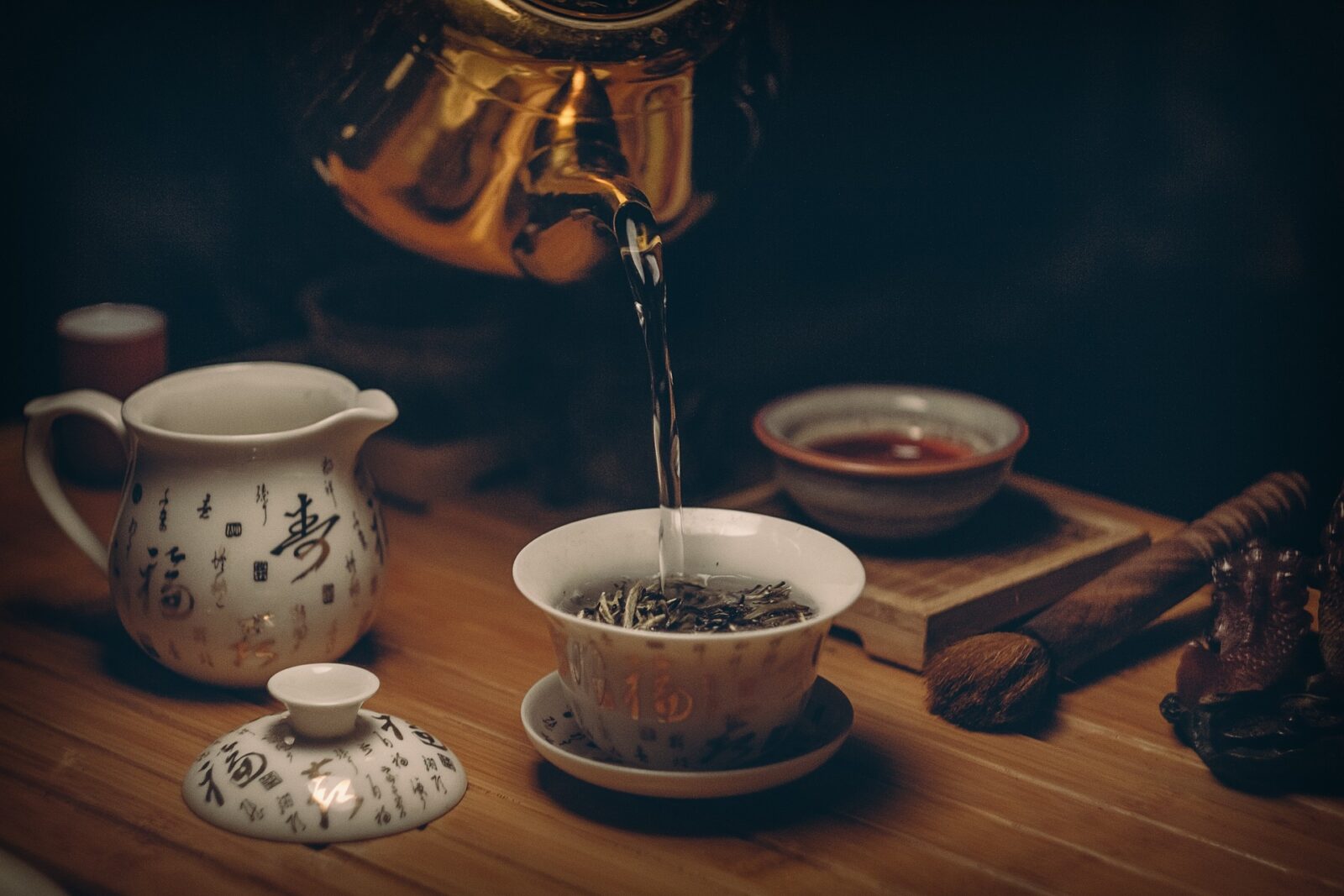
Tea Ceremony
There is a lot of hierarchy in everyday life. The senior or most esteemed guest at dinners is always placed facing the door: toasts are not made by chance. Through family visit, I observed the manner in which tea was first served to the grandfather before anyone could manage to pick a cup. Following this etiquette rule in China will make you realize that you respect tradition, which will earn you silent admiration despite limited Mandarin.
Table manners and chopstick rules
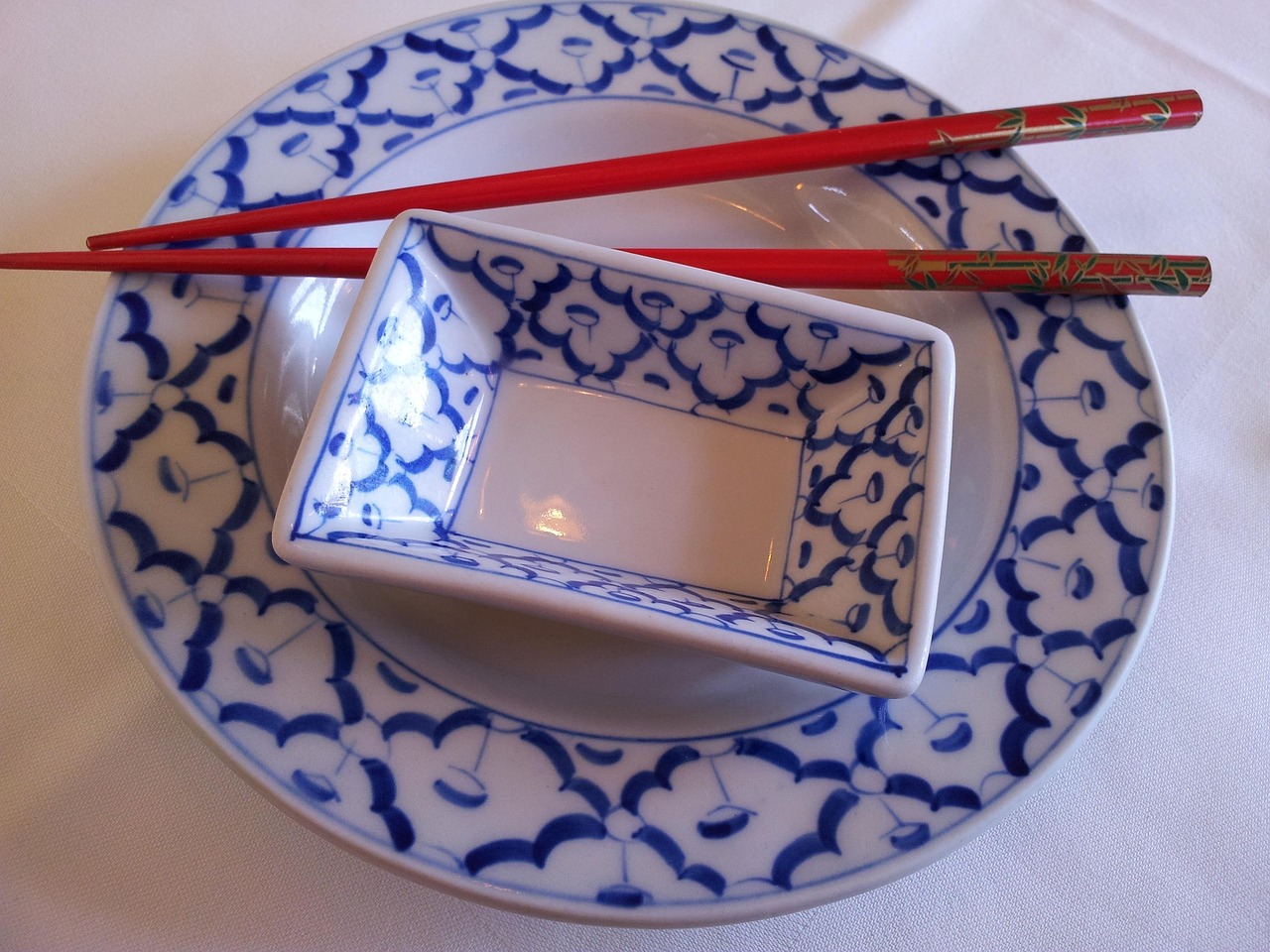
Chopsticks Etiquette
Social life revolves around food and therefore so do the manners surrounding food. Always keep chopsticks in rice horizontal, otherwise incense at a funeral. Rather put them on the holder carefully. Dishes are not kept to oneself and guests are usually served first. It took me a short time to realize that it is rude to hold chopsticks above a dish. Adhering to the Chinese table manners makes a meal more of a communal ritual than an act of eating.
Gift-giving traditions
Gifts have a purpose and a misplaced one may leave your host puzzled. Clocks (song zhong) are called to go to a funeral; umbrellas (sana) are used to indicate cutting off ties. Some fruit, tea or home-town stuff are safer alternatives. Red crisp bills envelopes are still present in weddings or even during the Lunar New Year. Being aware of such Chinese etiquette evades stilted laughs but generates a true appreciation.
Public behavior and personal space

Chinese Subway
The state order might be harsh when compared to certain nations. Individuals are lined up to have their security checked in the metros, but the rate may be hurried. Disturbing phone calls in restaurants or frequent phone glares could be looked down upon. When I was on a night train, I observed the speed with which people hushed a child who was running on the aisle. Observing such cultural unwritten rules in China will make you fit into the group, not yourself alone.
Business etiquette in China
Business environments have their code. Handshake with both hands and accept and give business cards slowly, do not pocket them immediately without reading. Banquets tend to close relationships than boardrooms and toasts that instill trust. Negotiations may be more tedious, because harmony beats forthrightness. When the foreigners adapt to the Chinese business etiquette, then doors tend to open where they would stay shut.
Do’s and Don’ts in China: Practical Chinese Etiquette for Daily Encounters
What you should do to make locals feel respected
Minor gestures in China can be very effective. Having learnt how to be polite in Chinese life, thanking them with a polite xièxiè (thank you) after they have given instructions, or making way to allow an elderly to pass, would be an understanding of the Chinese etiquette in their everyday life. In restaurants it is perceived as kind to pour tea first before one. You only need to be at the buses in the rush hour to give someone a seat and they will thank you. These are just some of the do’s in China, which are used to break the ice especially when one has nothing to say due to language barrier. Perfect Mandarin is seldom noticed by locals.
Common pitfalls foreigners often overlook
The “don’ts in China” can be very subtle. Wagging fingers at people, writing someone’s name with red ink or touching someone’s head even playfully can appear benign but have negative connotations. Overcomforting in personal space is another issue — like leaning in too close during small talk. Once, in a tea shop, I watched a tourist attempt to haggle noisily; the polite smile of the owner quickly turned into ice. To overlook these cultural gestures is to be distant – however unintentionally. Knowing what you should and shouldn't do may prevent such awkward tension, and pave the way for a smooth encounter.
Real traveler anecdotes from TripAdvisor reviews
Both have been cited as pluses in TripAdvisor reviews. Visitors praise the warmth of the locals — “People offered me food on the train,” one review for a trip from Chengdu to Xi’an read. Others confess to embarrassing moments: A tourist wrote about being stared at after they blew their nose loudly in a restaurant, which is seen as impolite in Chinese dining culture. Another wrote that the hospitality in rural Yunnan was amazing — only to realize later they’d insulted their host by refusing a second toast. These stories highlight the cultural etiquette by which incidents take on form. The lesson? Time and again, reviews say that understanding cultural norms — not just landmarks and history — makes travel more memorable.
What Is Not Acceptable in Chinese Culture?

Chinese Temple
Sensitive gestures or taboo behaviors
Certain gestures that are casual to people in the West may be offensive to people in China. Kicking a person in the foot or hitting another person especially in the head can be regarded as disrespect. Taking random photographs of strangers, particularly the elderly or children, will lead to tension. The Chinese etiquette does not allow the body to be taken lightly at any time in a social place and therefore any slight slip can easily attract frowns. Gestures are also a good idea to be considerate of, as they cause misunderstandings which last longer than words.
Taboos in language and numbers
Words and symbols matter profoundly. The number “4” (sì) sounds like “death” (sǐ), so giving four of anything is not considered good luck. Hotels also sometimes omit the fourth floor altogether. Gifting a clock is also a no-no; “sòng zhōng” resembles the act of attending that whole funeral thing. Such cultural etiquette in China is a quirky detail that surprises foreigners but locals spot immediately. A safer choice? Select numbers like “8” for prosperity, or gifts wrapped around food and tea, which always feel hospitable.
Temple and heritage site cultural gaffes
Sacred places demand extra care. In the temples, putting on revealing clothes or sitting on altars is ignorant. Caretakers may be upset if anyone touches Buddha statues or leans against old stone lions. Rules can differ from picture to picture — flashes are not good for murals, and some halls have no-photo policies at all. If you’d like to see how these customs apply in real life, take a look at the City God Temple in Shanghai, where etiquette and photography rules are part of the experience. Following Chinese etiquette does not involve that frenetic dance: slow down, look at signs and mimic what the locals do. A reverent pause at a shrine wins more goodwill than dozens of oblivious snaps.
How to Show Respect in Chinese Etiquette Across Different Settings
Family and social gatherings
Minimal gestures are signs of concern when one is invited into the home of someone. It is easy but appreciated to bring fruit, tea or snacks. Older people are typically the first to be served at the table and guests should wait before they begin to eat. These customs indicate reverence in Chinese manners whereby harmony in the family is prior to personal choice. The host will smile when a nice toast or compliment is made about the food.
Business and formal meetings
A professional setting has to be covered for every detail. Use both hands to give as well as receive business cards and never write on them. Patience and indirect language are valued over blunt demands in any negotiations. The trust is often sealed over a formal dinner better than it would be by a contract. By demonstrating respect — in China that means punctuality, thoughtful phrasing or a certain level of etiquette at banquets — visitors slowly build up the kind of long-term partnership needed for repeat deals.
Everyday interactions with strangers
Respect exists too in daily habits. Holding doors in crowded subway stations is just such a visible signal, as are the thank-yous to taxi drivers or keeping noise down in shared spaces. Even waiting in line politely during the busy holiday travel season is a sign of respect in Chinese customs. Strangers have surprising acts of kindness whenever they witness foreigners doing this, making simple encounters into memorable moments.
Experiencing Chinese Culture Through Etiquette
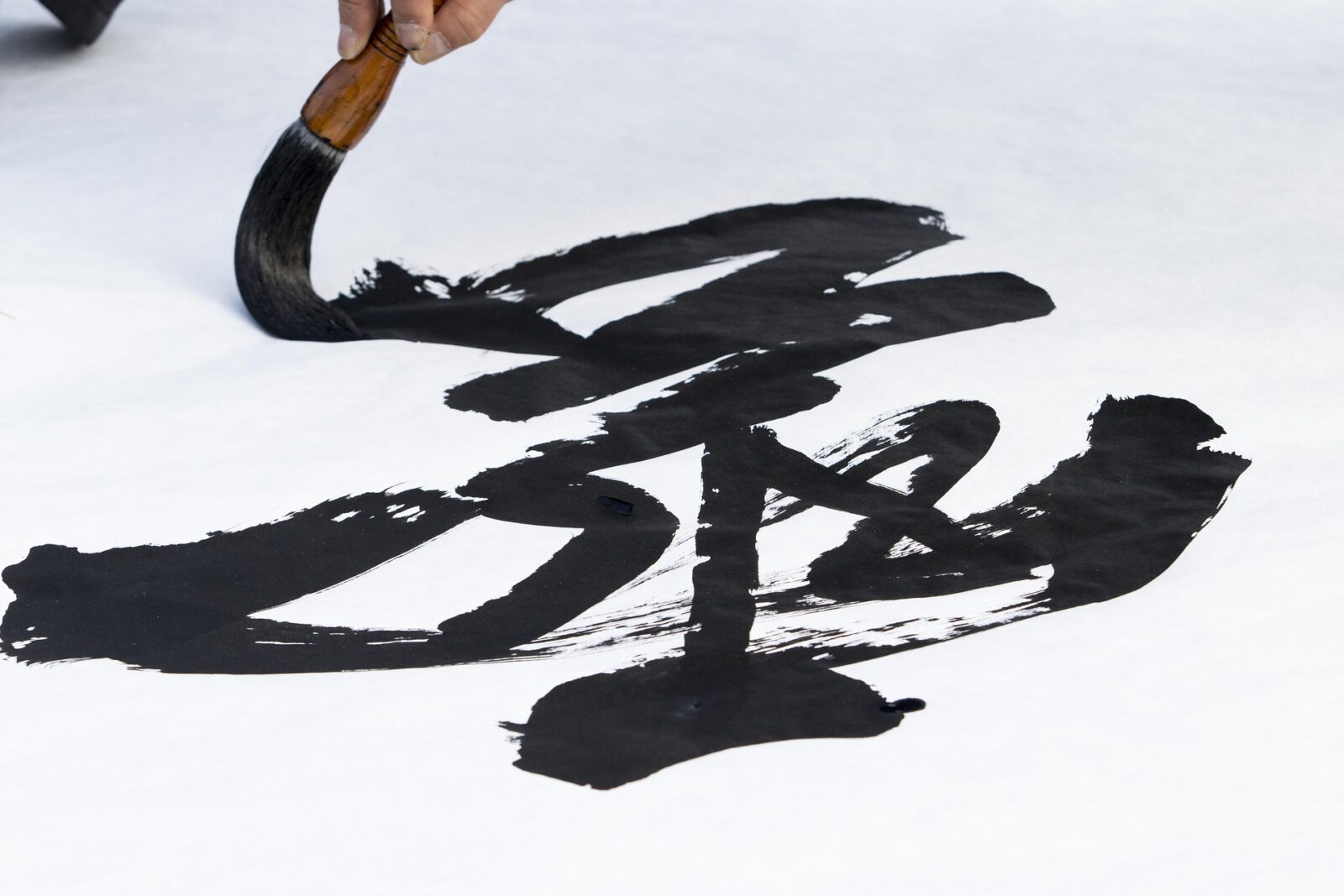
Chinese Calligraphy
How Chinese etiquette reflects traditional values
Chinese etiquette can never be discussed without Confucian virtues. Ideas such as filial piety (孝), ritual propriety (礼) and maintenance of face (面子) influence the way individuals relate with each other. These priorities focus on respect to elder people, group harmony and personal communication. They are not the manners but they are the manifestations of the traditional Chinese culture that has been passing down throughout centuries.
Modern shifts — how younger generations adapt etiquette
In today’s cities, young Chinese straddle tradition and modernity. While they still politely salute elders, they might also show deference using digital tools — sending red packets on WeChat or splitting bills with mobile payments. Meetings sometimes move more quickly in large cities, but it’s still nice to remain polite. The evolution reflects the malleable nature of Chinese etiquette, adjusting to technology while maintaining a wealth of cultural tradition.
Cultural experiences for travelers
Join a Tradition Travelers can learn about etiquette in the best ways possible. Taking part in a tea ceremony brings out the merits of patience and ritual; attempting calligraphy exemplifies respect for history; exposure to Spring Festival practices such as giving red envelopes helps you develop an understanding of how etiquette imbues life with symbolic meanings. If you’d like to dive deeper into these customs, explore this guide on Spring Festival traditions in Chinese culture and how they shape daily etiquette. These are the activities that transform cultural rules into memorable experiences, making etiquette less an obligation and more an invitation into local life.
Regional Differences in Chinese Etiquette
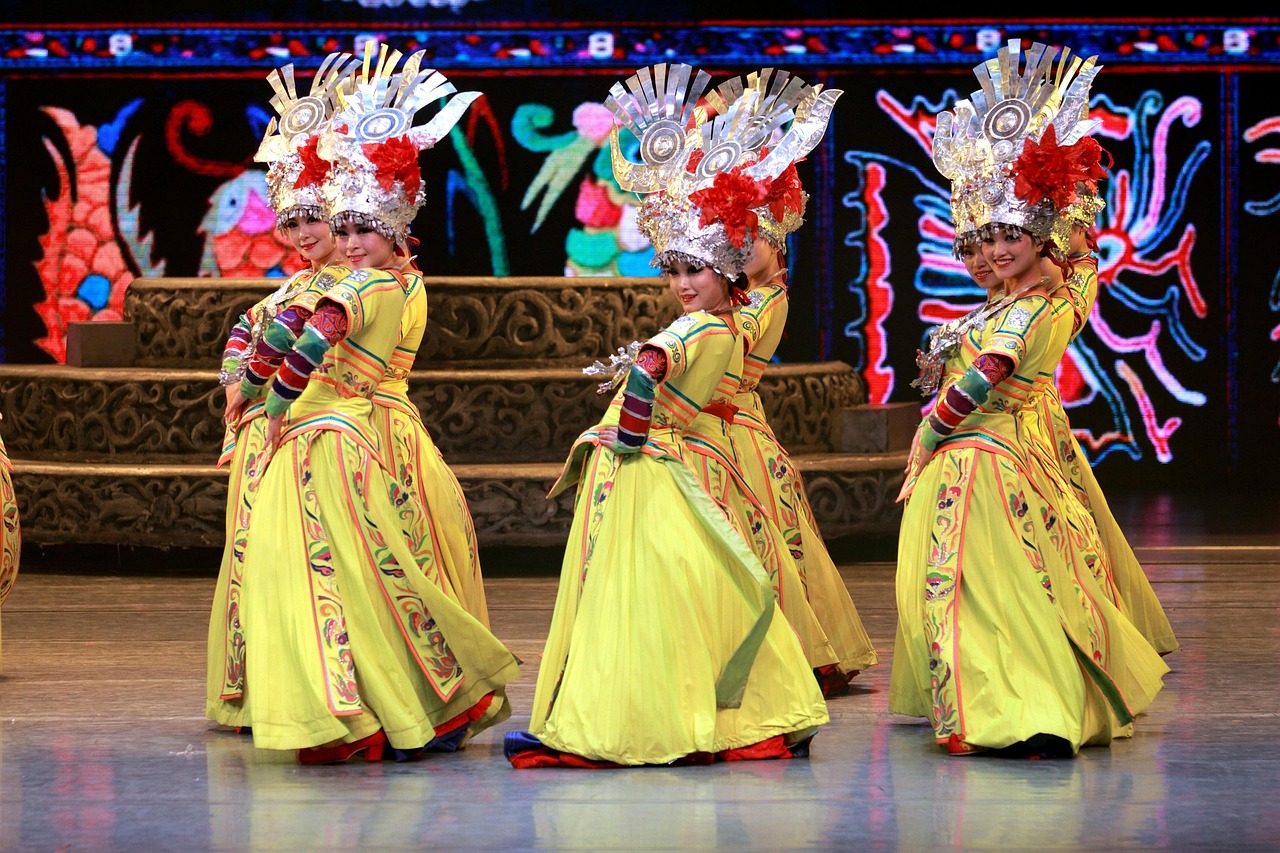
Chinese Minority Culture
North vs South — dining and social habits
Different sections of China may have a very different etiquette. In the North, the food is usually substantial and wheat is the main component such as noodles and toasts at a banquet can be more common and aggressive. Southern events, particularly in Guangdong or Jiangsu however, are based on lighter foods and more cultured eating etiquette. These contrasts reveal the fact that Chinese etiquette is closely connected with the local food culture.
Urban versus rural — hospitality and visits to homes
City living is fast-paced, and urbanites may find it more convenient to exchange quick greetings or eat out instead of having guests over. But in rural settings, hospitality is incredibly personal — guests are commonly invited to family meals, and declining food can be considered rude. This balance is crucial to understanding etiquette in various areas of China, as the contrast can range from cosmopolitan urban living to warm rural traditions.
Ethnic minority local customs that travelers should know about
Outside of the Han majority, China’s ethnic minorities have their own etiquette traditions. Presenting yak butter tea is a sign of respect among Tibetans and to offer a coffee in the Muslim enclaves of Xinjiang, where pork must be shunned, is often enough to ensure that you are welcomed back. For all these travelers, learning these customs are part of performing the Chinese etiquette and that is in order to retain a respectful interactions with their large culturally diverse landscape.
Quick Checklist: A Traveler’s Survival Guide to Chinese Etiquette
The easier way to travel to China is by remembering some of the basic etiquette rules. In brief, to sum up, I made the following checklist which you can print or save and have it with you:
- Greetings: Address the person with surnames, shake hands, or even a smile.
- Respect hierarchy: It is always important to respect the elderly in terms of sitting, speaking and toasts.
- Dining manners: Do not put your chopsticks in the food in an upright position; abide by the sitting order.
- Gift-giving: Do not accept presents such as clocks, umbrellas, etc; receive and give with both hands.
- Public behavior: Wait in line, maintain a moderate voice, and not to use disruptive phones.
- Business settings: Be polite to business cards, accept invitations, and etiquette at a banquet.
- Cultural sites: Dress decently, do not touch the relics and request permission before taking pictures of people.
FAQ: Common Questions About Chinese Etiquette
Q: What are the 7 rules of Chinese etiquette?
The seven golden rules that are frequently cited are being respectful when greeting, respecting the elders, observing table manners, giving the right gifts, being humble in the crowd, knowing the business and behaving in temples or heritage sites. These indicate the Chinese etiquette. Travelers that keep these guidelines in mind tend to have a more welcoming and easy to understand interaction.
Q: What will be rude in the Chinese culture?
Yelling in temples, disrespect to elders or leaving chopsticks at rice is considered bad manners. Similarly, rejecting of local practices can be uncomfortable. These are important aspects of cultural etiquette in China because they imply that the values that the locals are sensitive to can easily be breached.
Q: How do you show respect in China?
According to Chinese etiquette, respect can also be interpreted as giving way to age, using only the surname and title of the person one is talking to and not eating until the seniors. Even basic gestures, such as pouring tea over other people and not yourself, are heavy. Such gestures are a sign of humility, which is a much valued virtue in the Chinese society.
Q: Is it rude to tip in China?
Tipping is not a Chinese etiquette in most cases. Although it can be tolerated in high-end hotels or restaurants that are full of tourists, tips are not anticipated in ordinary restaurants. People express their gratitude by using respect and nice words instead of cash. Giving too much tip may even perplex locals used to it as they are not used to it.
Q: How to behave when invited to a Chinese home?
In a house, a small present, e.g. fruit or tea, is always well received, and when requested one must take his shoes off at the door. Be submissive to the host during meals, and be grateful to hospitality. Such signs fit Chinese domestic etiquette, which is quite friendly and polite and will be well received.
Q: What are the taboos with numbers and gifts?
Gifts such as clocks or umbrellas should be avoided as they are inauspicious in Mandarin dialect. The reason why number 4 is an unlucky number is that it resembles the word death. Conversely, the number 8 is a good number. You are observant of cultural nuances and it is a part of Chinese etiquette rules to observe these details.
Q: How do Chinese people view public displays of affection?
Too much expression of love in the street may cause discomfort to others, though to the older generations. It is okay to hand-hold or even give a short hug but it is not common to kiss or embrace in public. Adhering to this element of Chinese social etiquette demonstrates the knowledge of the traditional values, even in the contemporary city.
Q: Is slurping noodles polite in China?
In China, the act of slurping the noodle is not supposed to be a part of the Chinese dining etiquette unlike in Japan. It is better to eat silently, particularly during a formal or family setting. With that said, some noise can be accepted in local restaurants that are busy, still, visitors are recommended to maintain the style of dining clean and respectful.

